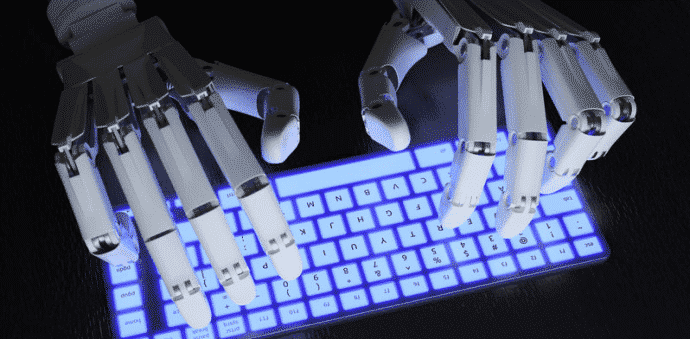AI written novel passes the first round in a Japanese literary competition
Short stories written by artificial intelligence (AI) has passed the first stage of a literary competition in Japan. However, the book did not win the final prize, the research team announced on March 21 in Tokyo. The final screening process has already finished and the prize winners were awarded on March 12.
The following sentences come from the end of one of the novels, “Konpyuta ga shosetsu wo kaku hi” (The day a computer writes a novel):
“I writhed with joy, which I experienced for the first time, and kept writing with excitement.
“The day a computer wrote a novel. The computer, placing priority on the pursuit of its own joy, stopped working for humans.”
While the four stories were generated through AI, 80% of the work had human involvement. The novel was co-written by Hishoshi Matsubara, a professor of artificial intelligence at Future University Hakodate and his team at Future University in Japan. The team submitted their novel to Nikkei Hoshi Shinichi Literary Award, which accepts submissions from humans and machines.
According to the LA Times, the AI wrote four books of which one made it past the first round of the prize. The novel, titled The Day a Computer Writes a Novel (Konpyuta ga shosetsu wo kaku hi), was one among the 1450 submission received for the prize. 11 of the submission received were written with the help of AI programmes.
Humans decided the parameters for the novel, such as the plot and gender of characters. The AI program then “wrote” the novel by selecting words or sentences prepared by humans and in accordance with the parameters, according to the team.
The award had a four-stage screening process, and the details are not made public. The two teams submitted four novels, and at least one of them reportedly passed the first screening process. The fact that the novels had been written using AI programs was not known to the judges.
“So far, AI programs have often been used to solve problems that have answers, such as Go and shogi,” Matsubara said. “In the future, I’d like to expand AI’s potential [so it resembles] human creativity.”
The team is also involved in research to have AI create a story plot. However, this method will also require a great deal of human involvement because humans will have to write the sentences based on the plot.
To proceed with research, the team is eventually planning to have AI write an entire novel by combining both methods.
According to Matsubara, AI can create sentences for a simple article, haiku, and “waka” poem, which have many rules to follow.
However, there are still “many problems to iron out” with AI in creating ordinary style, which has a high degree of freedom of creativity, Matsubara added.
“But we believe that AI can achieve a certain level of success (in producing prose) in the future,” he said.

